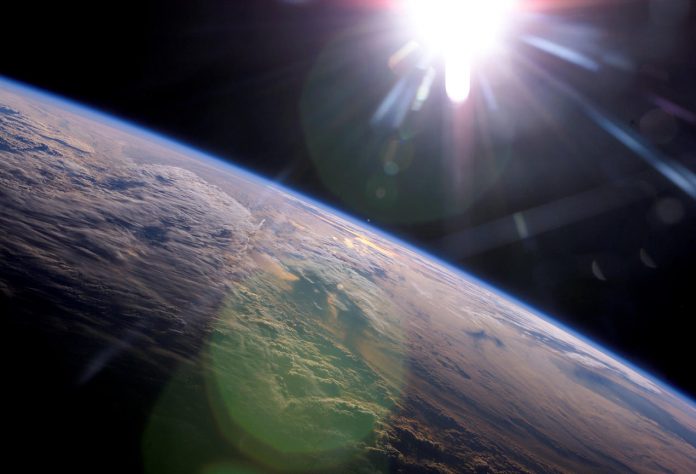Children born today will face a lifetime of climate change-related health problems, one of the world’s oldest and most prestigious medical journals warns in a report released yesterday.
Unless drastic action is taken to curb greenhouse gas emissions, a child born today will grow up in a world that threatens their health and wellbeing from every angle. This is the dire prediction from the 2019 Countdown on Health and Climate Change, a report published annually by the Lancet. It uses 41 key indicators to measure progress toward meeting the Paris Agreement targets, and this year’s report reveals a planet on track to failure.
Children will be most seriously affected. They will suffer from malnutrition, as a result of stunted crops. Already, growing conditions for staple crops have become less favorable (and the crops themselves have become less nutritious). Lead study author Nick Watts said his team tracked maize, soy, rice, and wheat, and that “the yield potential for these staple crops is now down as much as 6 percent.”
More children will get sick from an increase in bacteria, enabled by warmer weather. One example given in the report is Vibrio, which causes most diarrhea and feeds on algal blooms that proliferate in warmer seas. A press release stated, “The threat [of Vibrio] is particularly high in the Baltic (with a record high of 107 suitable days in 2018) and in Northeast USA where the sea has been warming rapidly.” Dengue, cholera, and tick-borne encephalitis are also on track to spread further.
Children’s health is threatened by poor air quality, driven by fossil fuel use and warming temperatures. Toxic air stunts lung, health, and brain development, and is linked to premature deaths.
“If Europe were to experience PM2.5 at 2016 levels over the lifetime of the current population, economic losses and health costs of air pollution-related disease and premature death could reach €129 billion [US$142bn] a year.”
When children make it to adulthood, they’ll then face more extreme weather events, such as the wildfires currently ravaging Australia, California, Siberia, and the Amazon. China and India have also experienced more wildfires than usual. Heatwaves are another problem, with 2018 being the fourth hottest year on record. This is particularly tough on infants and seniors, who are susceptible to heat-related illness, and prevents outdoor workers from doing their jobs:
“Amid last year’s prolonged heatwaves, outdoor agricultural and construction workers in southern parts of the USA lost as much as 20 percent of potential daylight hours during the hottest month.”
It’s clear that urgent action is needed to preserve the health of not only future generations, but the children who are already born. Many of these children are begging for urgent action in the form of climate protests, but it’s up to the adults in power to take political action to ensure that the Paris Agreement targets are met as quickly as possible.















